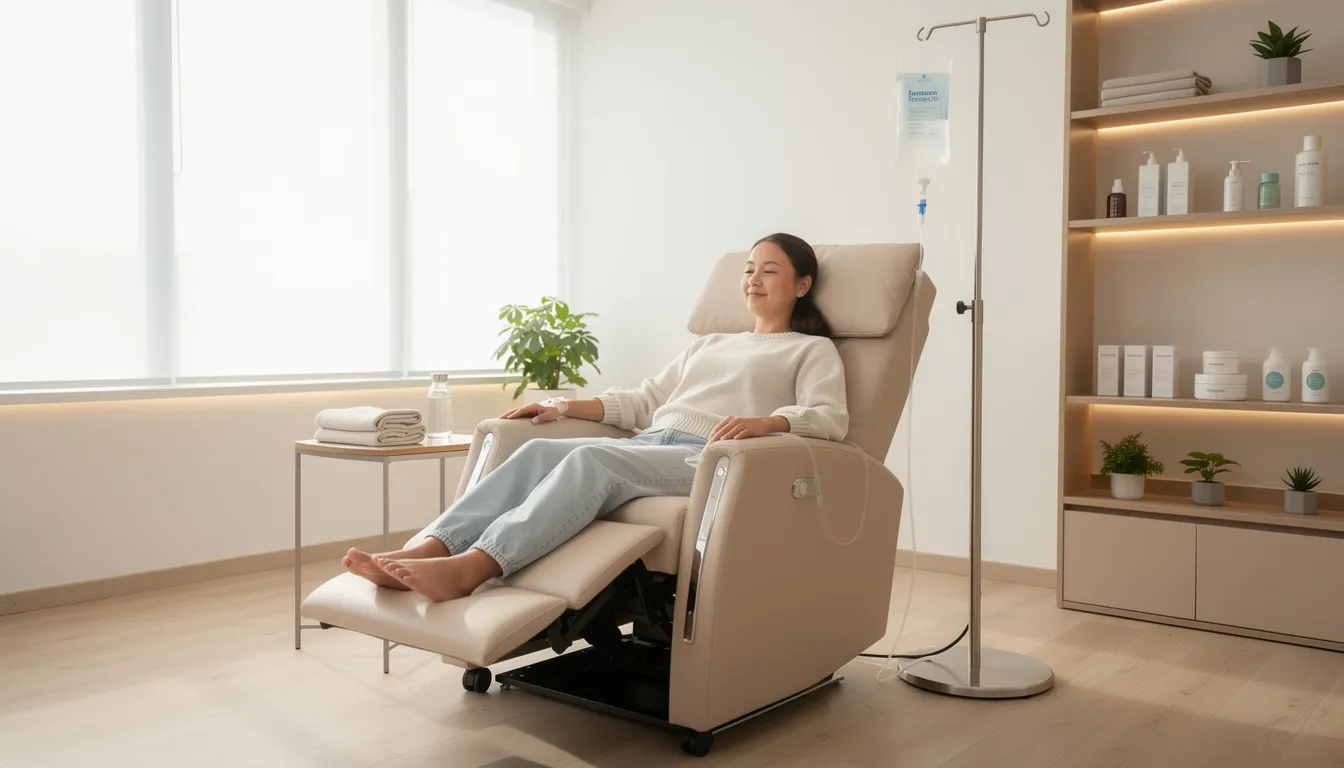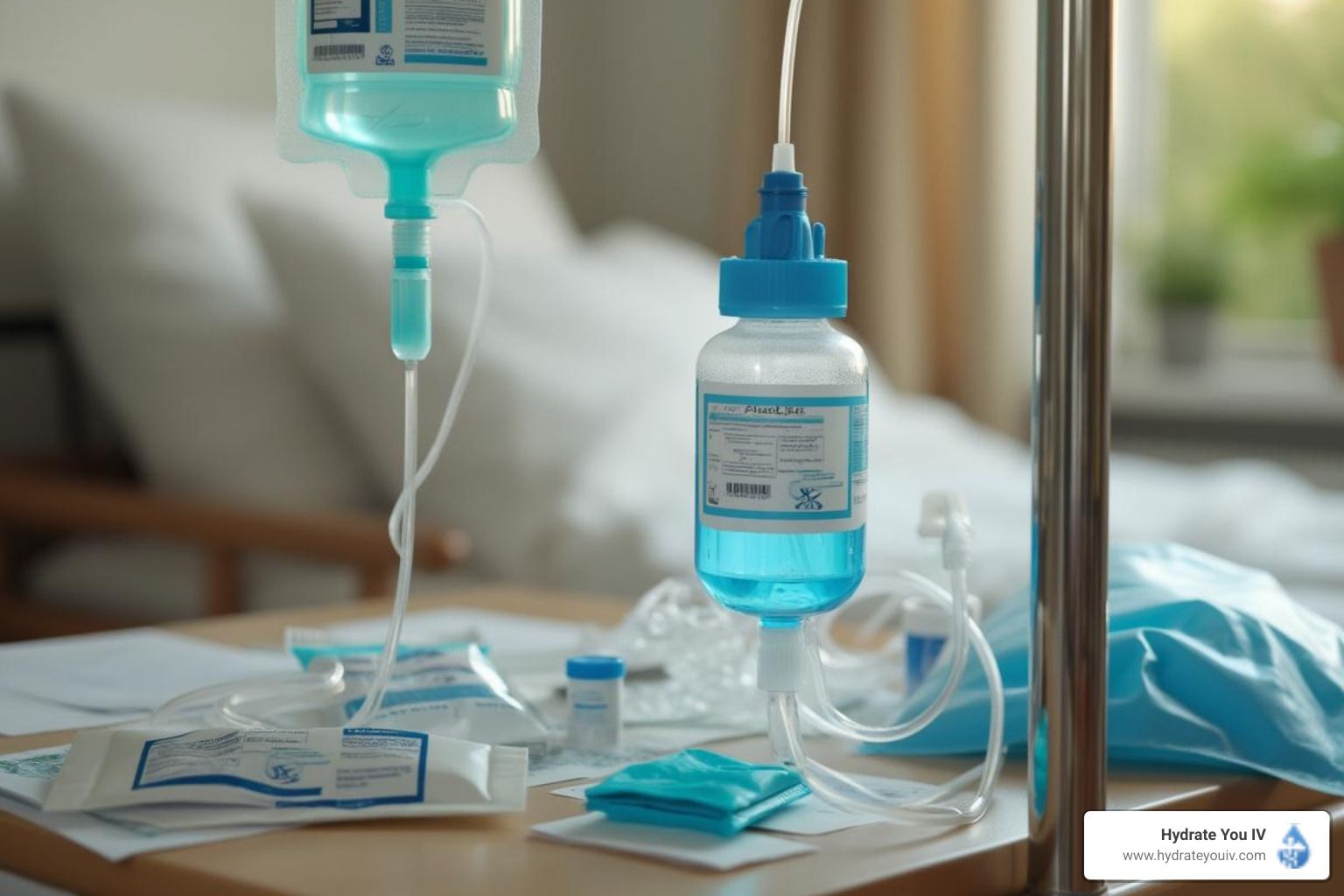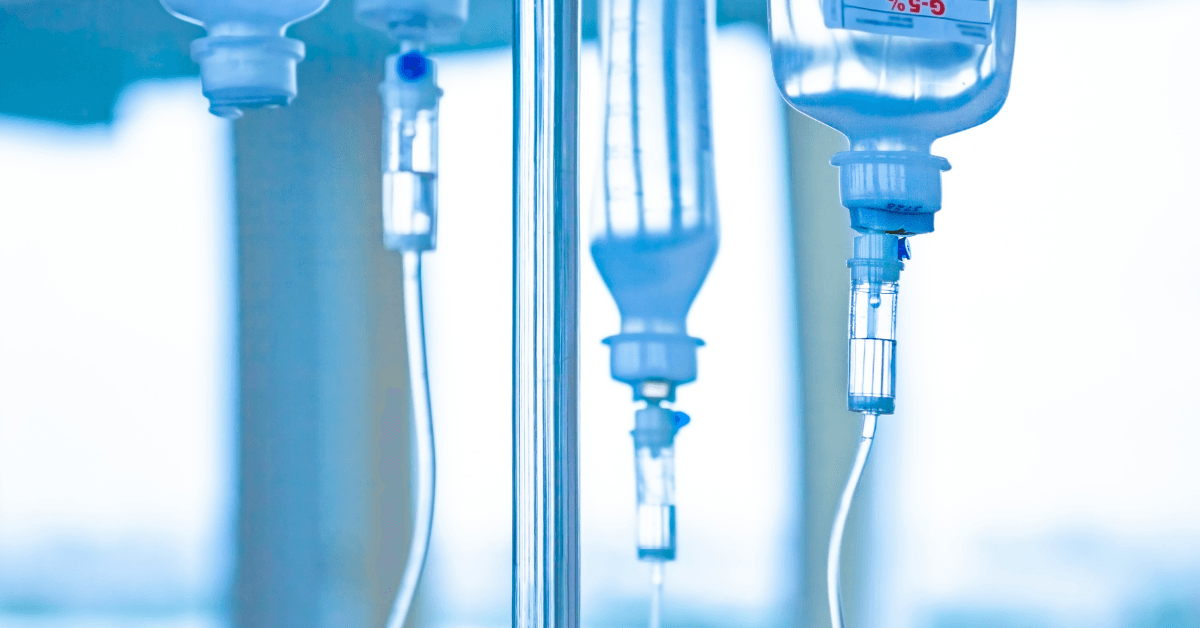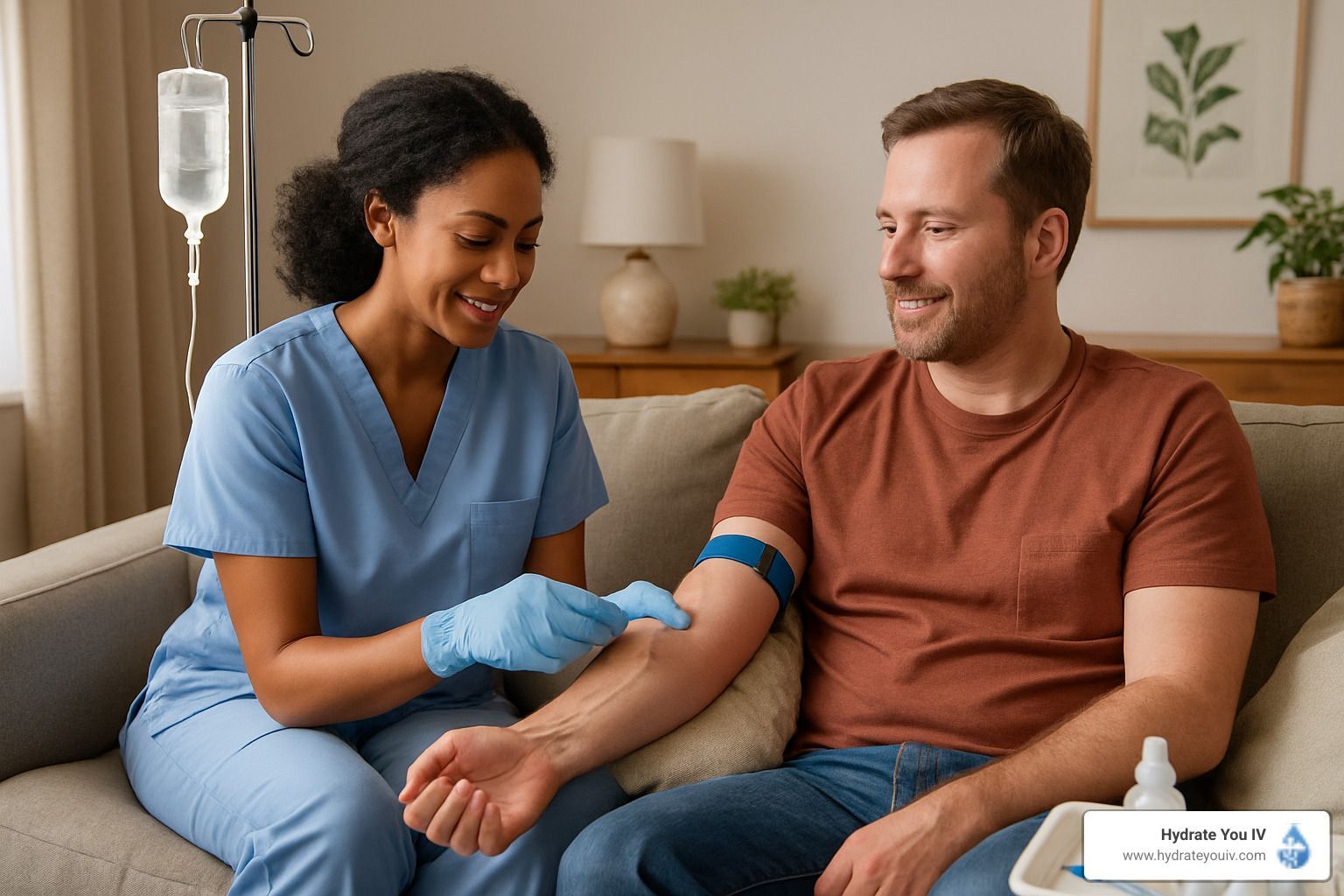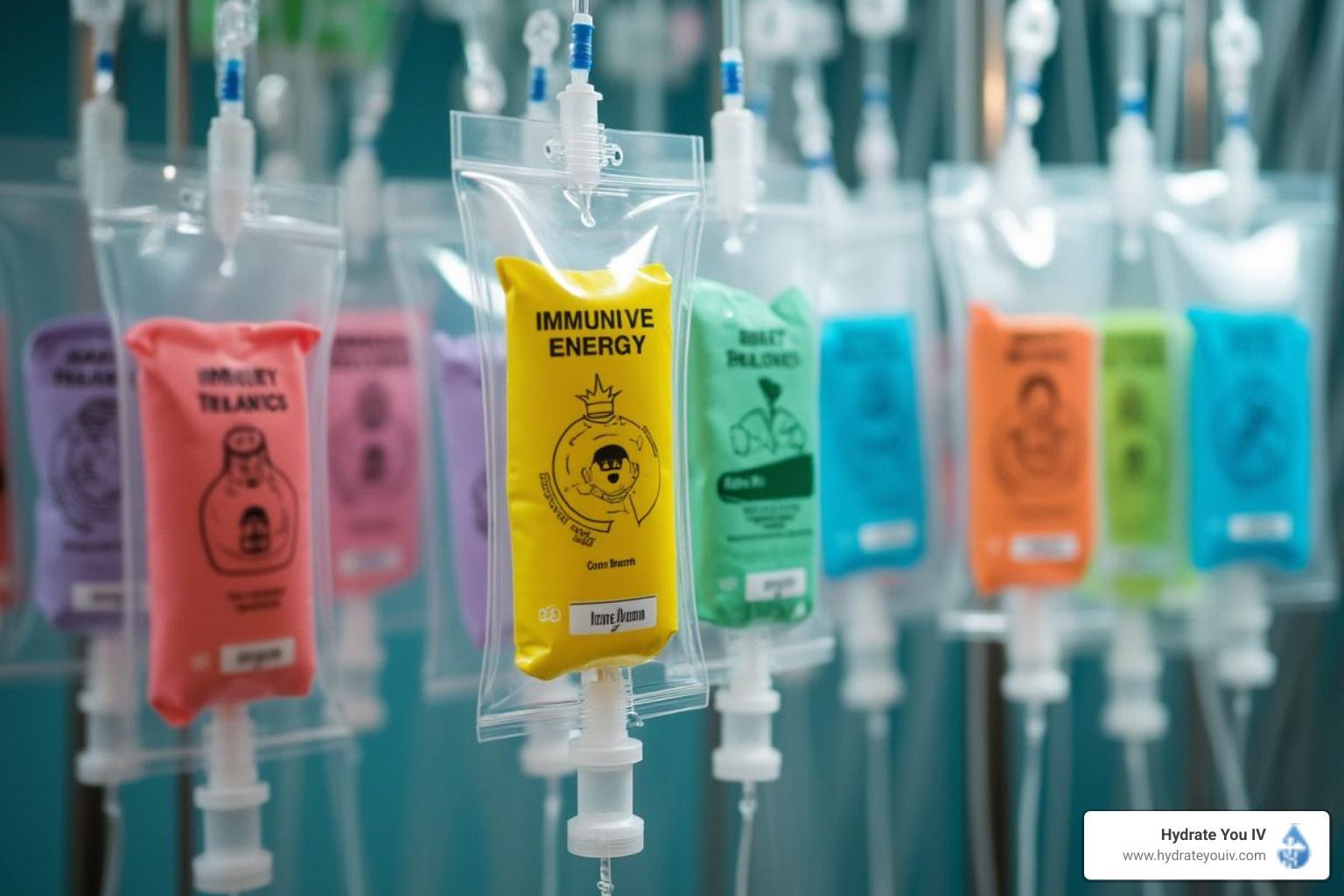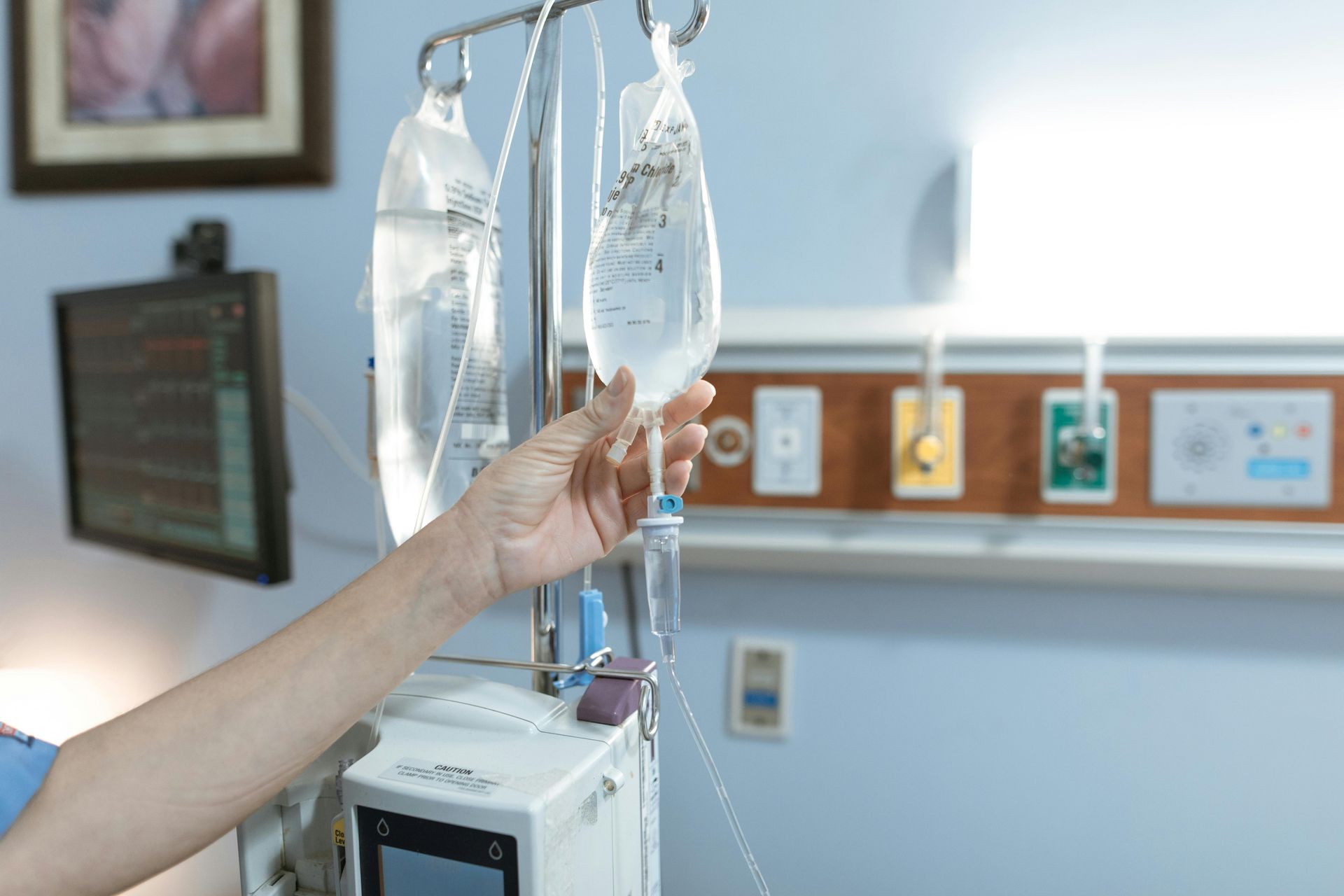Combat Allergies with IV Therapy: Hydration Solutions for Seasonal Relief
Combat Allergies with IV Therapy: Hydration Solutions for Seasonal Relief
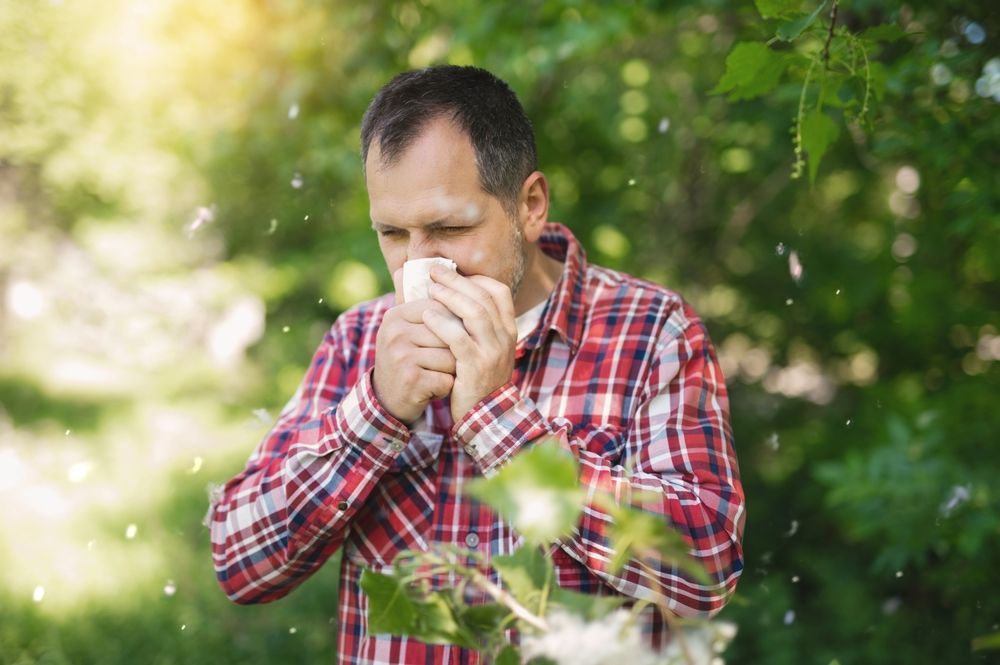
Allergies can be a significant source of discomfort for many individuals, especially during specific seasons when allergens are prevalent. From sneezing and itchy eyes to general fatigue, these symptoms can be debilitating. In recent years, intravenous (IV) therapy has emerged as a promising solution to alleviate the effects of seasonal allergies through targeted hydration and essential nutrients. This article delves into the causes and symptoms of allergies, highlighting the science behind them and exploring how IV therapy can provide relief.
Understanding Allergies: Causes and Symptoms
The Science Behind Seasonal Allergies
Seasonal allergies, commonly known as hay fever or allergic rhinitis, are triggered by specific allergens that affect individuals during certain times of the year. The immune system mistakenly identifies harmless substances, such as pollen from trees, grasses, and weeds, as threats. In response, it releases histamines and other chemicals, leading to allergy symptoms.
Common symptoms include sneezing, nasal congestion, headaches, and itchy eyes. These reactions vary from mild to severe and can significantly impact one's quality of life. In addition to the physical discomfort, many individuals experience fatigue and irritability, which can further complicate daily activities and responsibilities. Understanding the underlying mechanisms of these symptoms can empower individuals to seek appropriate treatments and lifestyle adjustments that alleviate their discomfort.
Common Allergy Triggers and How to Avoid Them
Several allergens can trigger seasonal allergies, including:
- Pollen from trees, grasses, and weeds
- Mold spores
- Dust mites
- Animal dander
To reduce exposure to these triggers, individuals can take preventive measures such as:
- Staying indoors on high pollen days.
- Using air purifiers to filter indoor allergens.
- Keeping windows closed to prevent outdoor allergens from entering.
- Regularly cleaning and vacuuming living spaces.
Additionally, it's important to be aware of the times when pollen counts are at their peak, typically in the early morning hours. Checking local weather reports or using allergy tracking apps can help individuals plan their outdoor activities accordingly. Furthermore, wearing sunglasses and masks when venturing outside can provide an extra layer of protection against airborne allergens. These proactive strategies can significantly enhance one's ability to manage seasonal allergies and improve overall well-being during peak allergy seasons.
The Role of Hydration in Allergy Relief
How Dehydration Exacerbates Allergy Symptoms
Hydration plays a crucial role in overall health, and dehydration can worsen allergy symptoms. When the body lacks sufficient fluid, mucus membranes can dry out, making it harder for the body to eliminate allergens effectively. Dehydration can lead to increased nasal congestion, dryness, and irritation, further complicating allergy sufferers' challenges. Additionally, when the body is dehydrated, it can trigger the release of histamines, the chemicals responsible for allergy symptoms. This reaction can amplify the discomfort associated with allergies, leading to a vicious cycle where dehydration and allergy symptoms feed into each other, making it imperative for individuals to stay adequately hydrated.
Moreover, dehydration can also impact the body's ability to produce saliva, which plays a key role in the initial stages of digestion and immune function. Saliva contains enzymes and antibodies that help neutralize allergens before they enter the bloodstream. When hydration levels are low, saliva production decreases, which can hinder the body's first line of defense against allergens. This not only affects respiratory allergies but can also lead to increased sensitivity to food allergens, making it essential for individuals with allergies to prioritize their fluid intake.
The Importance of Hydration in Immune Function
A well-hydrated body is better equipped to respond to allergens. Water supports various bodily functions, including the immune system, helping to flush out toxins and keeping the mucous membranes well-hydrated. Thus, adequate fluid intake is essential for maintaining optimal immune responses, especially during allergy seasons. Hydration also plays a vital role in the production of lymph, the fluid that circulates throughout the lymphatic system, which is crucial for transporting white blood cells and other immune system components. This means that staying hydrated not only helps alleviate allergy symptoms but also enhances the body's overall ability to fend off infections and allergens.
Furthermore, the type of fluids consumed can also influence hydration levels and immune function. While water is the best choice for hydration, beverages such as herbal teas and broths can provide additional benefits, as they often contain anti-inflammatory properties and antioxidants. These components can further support the immune system and help reduce the severity of allergic reactions. Incorporating a variety of hydrating fluids into one's diet can create a more robust defense against allergens, making it essential for allergy sufferers to consider not just the quantity of fluids consumed, but also the quality of those fluids.
Introduction to IV Therapy for Allergies
What is IV Therapy?
Intravenous (IV) therapy involves administering fluids, vitamins, minerals, and medications directly into the bloodstream through a vein. This method allows for rapid absorption and can be particularly beneficial for individuals looking for quick relief from allergy symptoms.
The Benefits of IV Therapy for Allergy Sufferers
IV therapy provides several advantages for those suffering from allergies:
- Rapid hydration and nutrient absorption.
- Targeted delivery of vitamins and minerals that support immune function.
- Immediate relief from dehydration symptoms, enhancing overall well-being.
This therapy has been gaining attention as a potential remedy for alleviating the discomfort associated with allergies.
How IV Therapy Works to Combat Allergies
The Process of IV Therapy for Allergies
The IV therapy process typically begins with a consultation with a qualified healthcare provider. The practitioner assesses the patient's health history and specific allergy symptoms. Following this assessment, a customized IV infusion may be prepared, containing both hydration solutions and vital nutrients.
The infusion is administered through a small catheter inserted into a vein, allowing the fluids to flow directly into the bloodstream. Sessions usually last about 30 to 60 minutes, providing comfort and relaxation for patients during the treatment.
Key Nutrients and Hydration in IV Therapy for Allergies
IV therapy for allergy relief often includes a mix of key nutrients:
- Vitamin C: Known for its antioxidant properties and ability to bolster the immune system.
- Magnesium: Helps reduce inflammation and support overall cellular function.
- Zinc: Essential for immune health and may decrease the severity of allergic responses.
Combined with hydration, these nutrients contribute to a more robust defense against seasonal allergy symptoms.
Safety and Efficacy of IV Therapy for Allergies
Potential Side Effects of IV Therapy
While IV therapy can offer significant benefits, it is essential to be aware of potential side effects. Some individuals may experience mild reactions, such as swelling or discomfort at the injection site, dizziness, or nausea. Severe side effects are rare but can occur, necessitating a thorough screening process before treatment.
Success Rates of IV Therapy for Allergy Relief
Many individuals report substantial improvements in their allergy symptoms after undergoing IV therapy. Success rates vary based on individual health conditions and the severity of allergies. However, numerous studies support the efficacy of IV therapy in providing quick and effective relief.
Overall, IV therapy presents a novel approach to addressing allergies, especially when combined with adequate hydration. For many, this treatment option can provide seasonal relief and restore a sense of normalcy in their daily lives.
